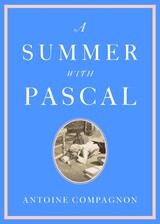
John Courtney Murray, SJ (1904-1967), is most renowned for his ethical writings, which distinguish between the secular and the sacred, and for his defense of civil religious freedom based on natural law philosophy. His later theological writings, however, in which he sought to reintegrate the temporal and the spiritual, civil society and the church, philosophy and theology, have been largely ignored. In this new collection of essays—previously scattered among various periodicals over the course of thirty years—J. Leon Hooper, S.J., presents a selection of Murray's theological writings that not only outlines and highlights the integrity of Murray's moves towards a public theological discourse but also contributes to the ongoing post-conciliar task of integrating the secular and the sacred, thereby invigorating American public conversation today.
In his editorial introductions, Hooper furthers Murray scholarship by identifying two distinct links between Murray's well known non-theological writings and the explicitly theological work that also spans his public life. Common to both areas are Murray's deepening appreciation of the historicity of all human knowing and the cognitional operations that the human person brings to both sacred and profane living.
By making available Murray's explicitly theological and Christian humanism writings, this collection further enriches American ethical, theological and philosophical debate.
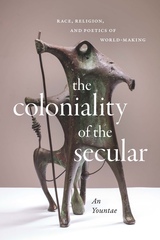
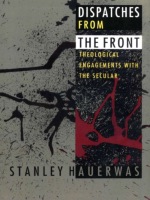
At once Christian theology and social criticism, this book aims to show that the two cannot be separated. In this spirit, Hauerwas mounts a forceful attack on current sentimentalities about the significance of democracy, the importance of the family, and compassion, which appears here as a literally fatal virtue. In this time of the decline of religious knowledge, when knowing a little about a religion tends to do more harm than good, Hauerwas offers direction to those who would make Christian discourse both useful and truthful. Animated by a deep commitment, his essays exhibit the difference that Christian theology can make in the shaping of lives and the world.
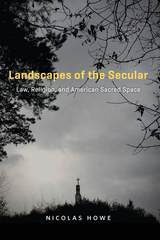
Fusing geography, legal scholarship, and religion in a potent analysis, Howe shows how seemingly routine questions about how to look at a sunrise or a plateau or how to assess what a mountain is both physically and ideologically, lead to complex arguments about the nature of religious experience and its implications for our lives as citizens. In American society—nominally secular but committed to permitting a diversity of religious beliefs and expressions—such questions become all the more fraught and can lead to difficult, often unsatisfying compromises regarding how to interpret and inhabit our public lands and spaces. A serious commitment to secularism, Howe shows, forces us to confront the profound challenges of true religious diversity in ways that often will have their ultimate expression in our built environment. This provocative exploration of some of the fundamental aspects of American life will help us see the land, law, and society anew.
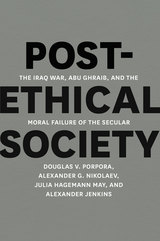
In this singular examination of the American discourse over war and torture, Douglas V. Porpora, Alexander Nikolaev, Julia Hagemann May, and Alexander Jenkins investigate the opinion pages of American newspapers, television commentary, and online discussion groups to offer the first empirical study of the national conversation about the 2003 invasion of Iraq and the revelations of prisoner abuse at Abu Ghraib a year later. Post-Ethical Society is not just another shot fired in the ongoing culture war between conservatives and liberals, but a pensive and ethically engaged reflection of America’s feelings about itself and our actions as a nation. And while many writers and commentators have opined about our moral place in the world, the vast amount of empirical data amassed in Post-Ethical Society sets it apart—and makes its findings that much more damning.
READERS
Browse our collection.
PUBLISHERS
See BiblioVault's publisher services.
STUDENT SERVICES
Files for college accessibility offices.
UChicago Accessibility Resources
home | accessibility | search | about | contact us
BiblioVault ® 2001 - 2024
The University of Chicago Press






